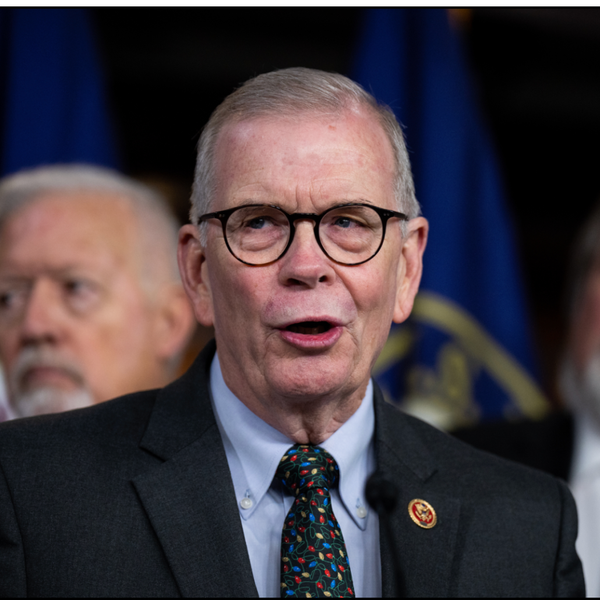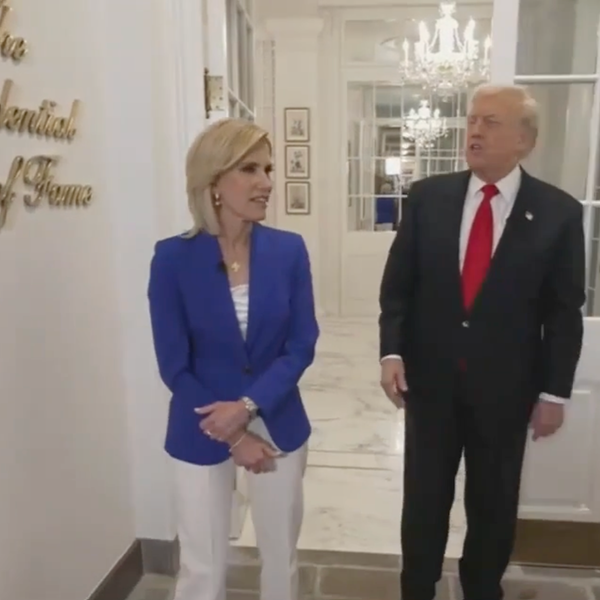
In the wake of a mass shooting, the National Rifle Association goes silent as its members and fans spew insults they learned from the movie Mean Girls at anyone who would dare talk about gun safety.
This is typically followed in the ensuing days by Republicans bringing up the myth that mass shootings only happen in “gun-free zones” — which doesn’t quite work when the shooting occurs at the U.S. Navy Yard — and demanding that we talk about mental health!
What they don’t mention is that they oppose the few ways we can address mental health that might prevent future mass shootings.
The first is improving background checks. Currently, an estimated 20 to 40 percent of firearms in this country are purchased without a check because of loopholes in the existing law. And where the checks are implemented, there are few limits on gun purchasers.
Mother Jones‘ Sydney Brownstone and Erika Eichelberger explained this after the Newtown massacre:
The law also defines disqualifying mental illness narrowly. It only forbids gun sales to people who have been determined by a court to be seriously mentally ill, or who have been involuntarily committed to a mental institution. This means that the system often overlooks dangerous and disturbed people who don’t have a paper trail.
But one of the biggest issues with the current background check system is that many states submit little to no mental health data to the FBI’s National Instant Criminal Background Check System (NICS). Only 27 states authorize or require reporting pertinent mental health data to NICS, according to Mayors Against Illegal Guns. Nearly half the states in the country submitted fewer than 100 records between 2004 and 2011. Seventeen states have submitted fewer than 10 records in total.
Bipartisan improvements to the nation’s background check system proposed earlier this year were filibustered in the U.S. Senate, even though 54 senators voted for them and an estimated 80 to 90 percent of Americans support universal background checks.
The second way we can address mental health is to make help more widely available. And that, in fact, is about to happen, thanks to the Mental Health Parity law — one of the last big bipartisan bills to come out of Congress — and something Republicans like to call “Obamacare.”
Yes, the Affordable Care Act will expand health insurance to include mental health coverage for tens of millions of Americans. The law’s Medicaid expansion will also take away the need for those in poverty to stay in poverty in order to maintain their mental health coverage.
Instead of talking about how to improve mental health, Republicans have proposed slashing the slender safety net that exists now.
Medicaid is the “single largest payer for mental health services” in the United States.
“In 2010, Medicaid financed 28 percent of all mental health services, spending over $31 billion, but accounted for only 17 percent of total health care outlays; these statistics demonstrate the program’s comparatively significant commitment to funding mental health treatments,” according to a recent Yale Law School study that called the program a “model of mental health service delivery.”
And what do Republicans want to do to this system that effectively delivers mental health services to those who need them most? Slash it.
Not only would Paul Ryan’s budget cut 11 million people from Medicaid by eliminating Obamacare, but he’s proposing $750 billion in cuts to the program that the Congressional Budget Office estimates would “probably require states to reduce payments to providers, curtail eligibility for Medicaid, provide less extensive coverage to beneficiaries, or pay more themselves than would be the case under current law.” In other words, fewer people would get mental health care.
So, yes! We can talk about mental health. But we can’t have a very good discussion about it, thanks to the NRA.
The gun lobby successfully lobbied for a provision in the Affordable Care Act that prevents doctors or insurance companies from asking about firearms, continuing their pattern of making it impossible to collect accurate data about gun violence and public health.
All gun rights advocates have to do is drop their opposition to reforming background checks, implement Obamacare, let doctors ask their patients about guns and stop trying to gut Medicaid. Then the conversation they claim they want to have will actually make America safer.
Photo: Brittany Randolph via Flickr.com








